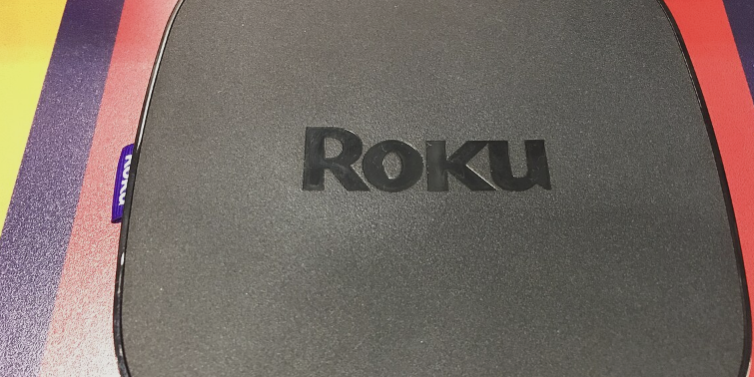In recent developments, Roku, a leader in the streaming media industry, has been struck by two significant cyberattacks, highlighting vulnerabilities even in well-established tech entities. The second of these incidents proved particularly severe, with the compromise of approximately 576,000 user accounts due to credential-stuffing attacks. This alarming breach accounts for a substantial number of affected individuals given Roku’s 80 million active users.
Credential-stuffing, a cyberattack method where stolen account credentials are used to gain unauthorized access to user accounts, enabled attackers to log into fewer than 400 of these accounts. Subsequently, these infiltrations led to unauthorized transactions, including purchases of subscription services and Roku hardware. Fortunately, Roku confirmed that no sensitive payment information such as full credit card numbers was accessed.
Responding to the crisis, Roku expressed deep regret over the incidents and the potential disruptions caused to its customers. “We sincerely regret that these incidents occurred and any disruption they may have caused. Your account security is a top priority, and we are committed to protecting your Roku account,” Roku stated on its website. In an effort to shore up security, Roku has implemented several key measures. These include the mandatory reset of passwords for impacted accounts, direct notifications to affected customers, and the facilitation of refunds or reversals for unauthorized charges. Additionally, Roku has introduced two-factor authentication (2FA) across all accounts to fortify security further.
Roku also encouraged its users to play an active role in safeguarding their accounts. Recommendations for users include the adoption of strong, unique passwords, vigilance against suspicious communications, and regular monitoring of account activity and official communications from Roku.
As incidents like these underscore, the realm of cybersecurity is not just about responding to threats, but also about anticipating them through proactive measures. The implementation of robust cybersecurity measures, such as two-factor authentication and the continuous monitoring of account activities, are crucial. They not only help in mitigating the impacts of a data breach but also in preventing potential breaches. Companies and individuals alike must recognize the importance of cybersecurity in maintaining the integrity of their digital interactions and personal data. Proactive cybersecurity services offer significant benefits, including the safeguarding of sensitive information, maintaining user trust, and ensuring the continuity of business operations in the increasingly digital world.







